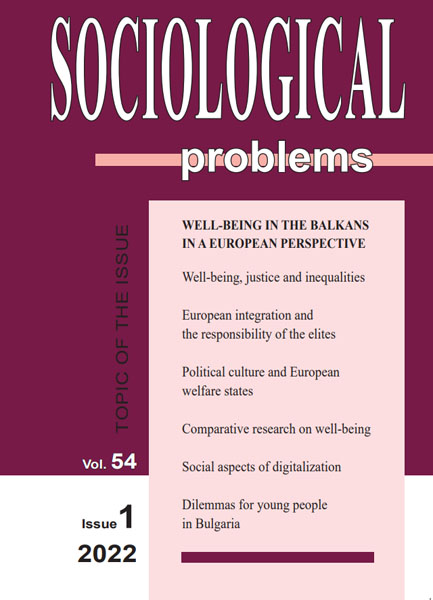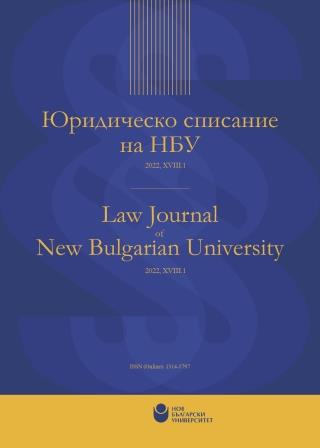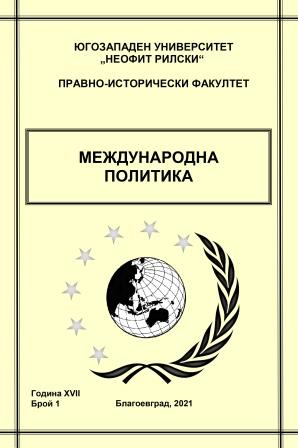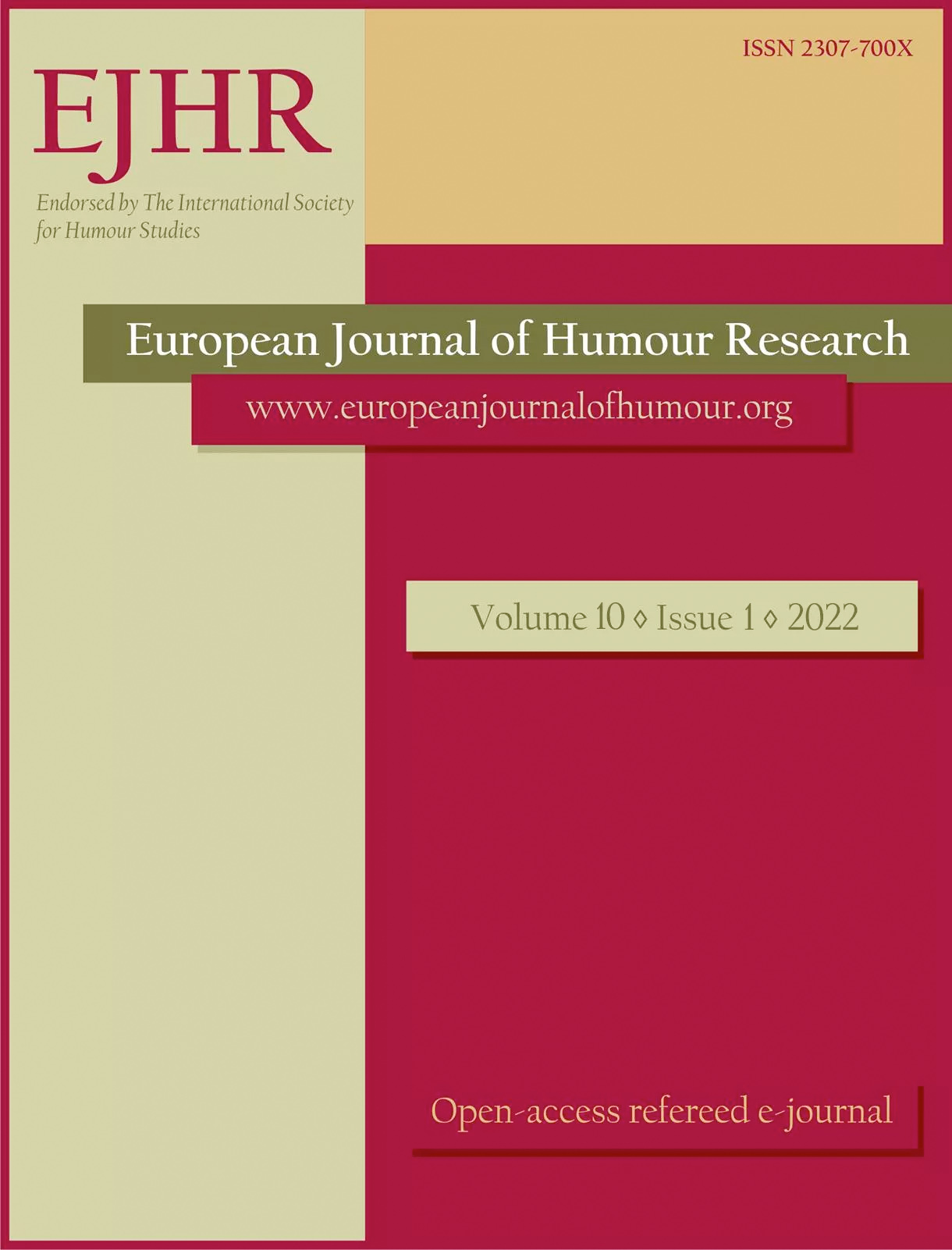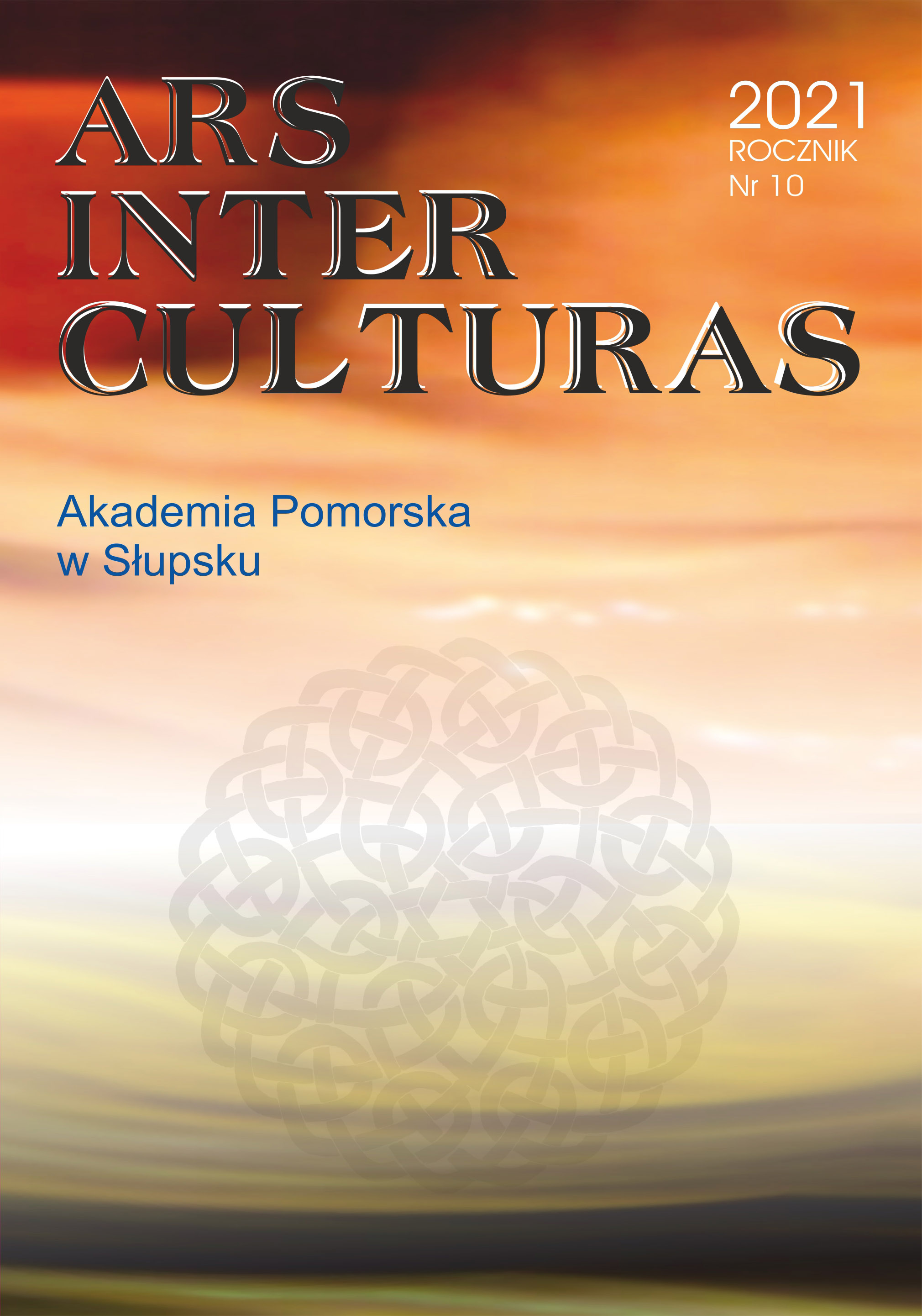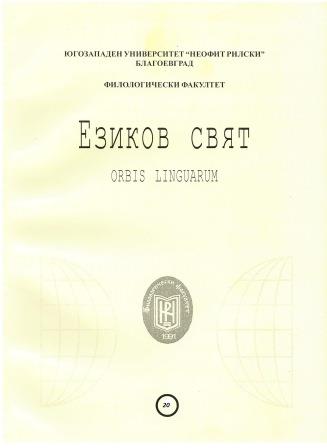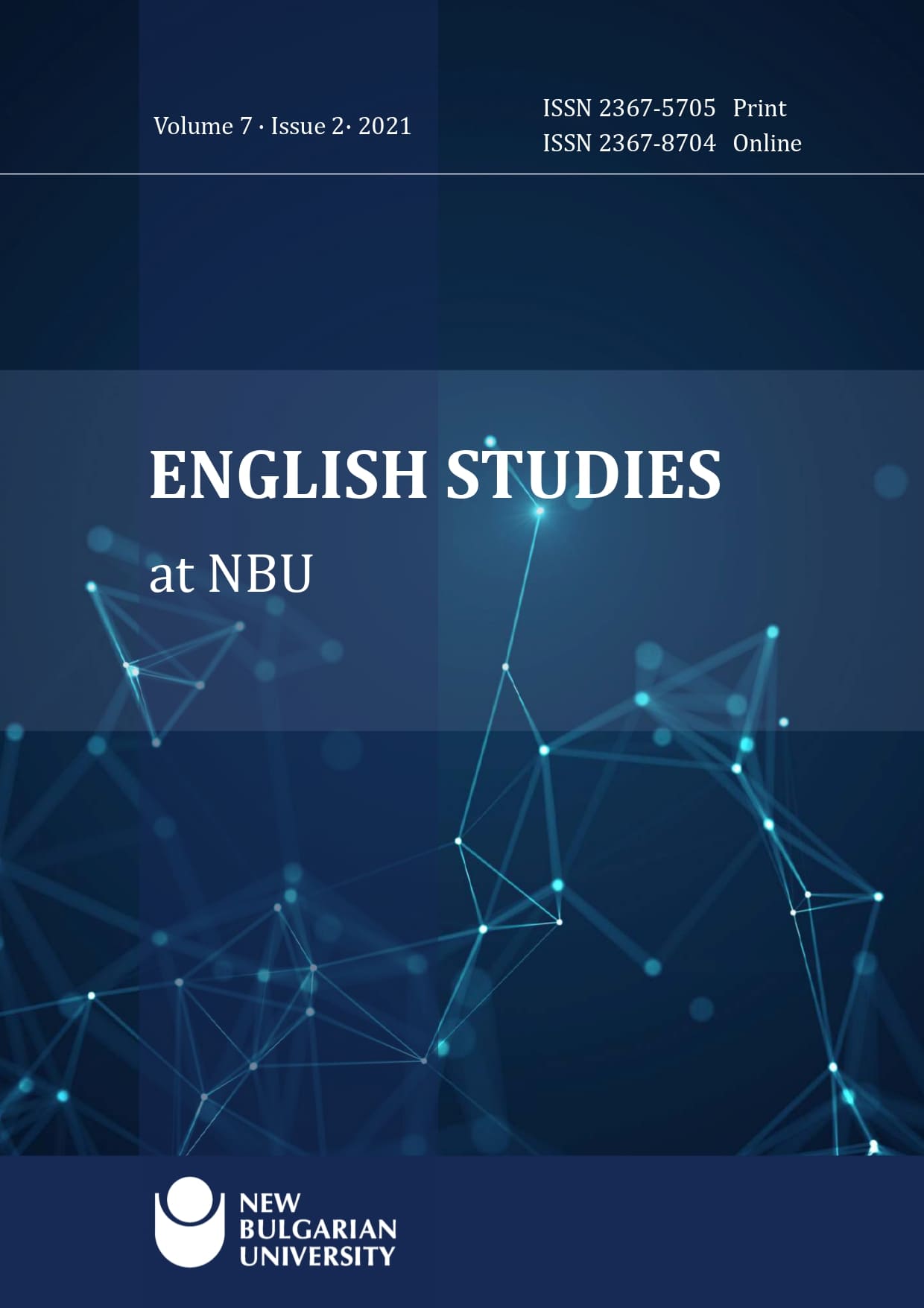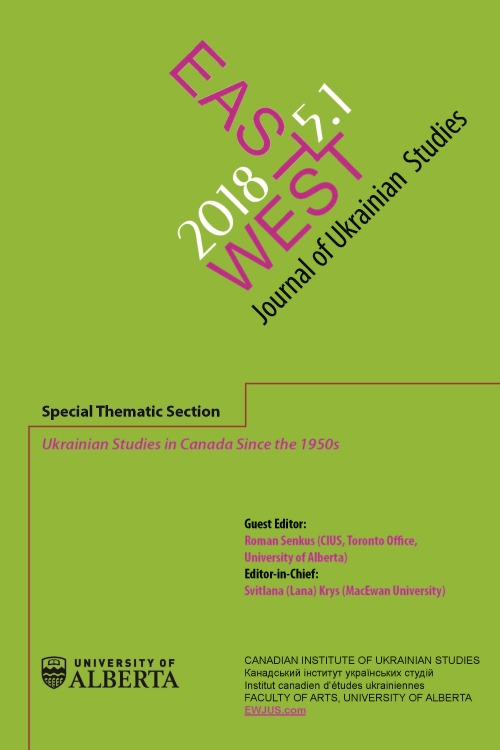
Contributions by Canadian Social Scientists to the Study of Soviet Ukraine During the Cold War
This article surveys major publications concerning Ukraine by Canadian social scientists of the Cold War era. While the USSR existed, characterized by the uniformity of its political, economic, social, and cultural order, there was little incentive, apart from personal interest, for social scientists to specialize in their research on any of its component republics, including the Ukrainian SSR, and there was also no incentive to teach about them at universities. Hence there was a dearth of scholarly work on Soviet Ukraine from a social-scientific perspective. The exceptions, all but one of them émigrés—Jurij Borys, Bohdan Krawchenko, Bohdan R. Bociurkiw, Peter J. Potichnyj, Wsevolod Isajiw, and David Marples—were all the more notable. These authors, few as they were, laid the foundation for the study of post-1991 Ukraine, with major credit for disseminating their work going to the Canadian Institute of Ukrainian Studies (CIUS) Press.
More...
